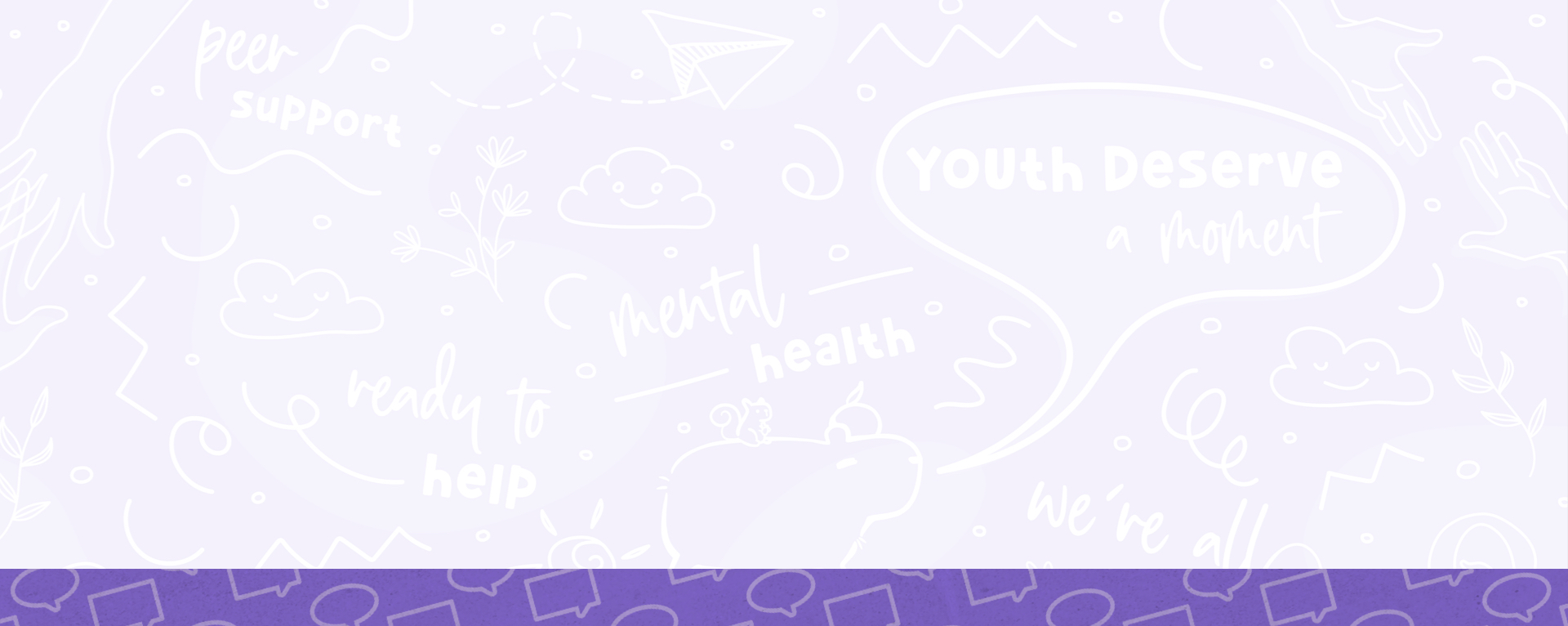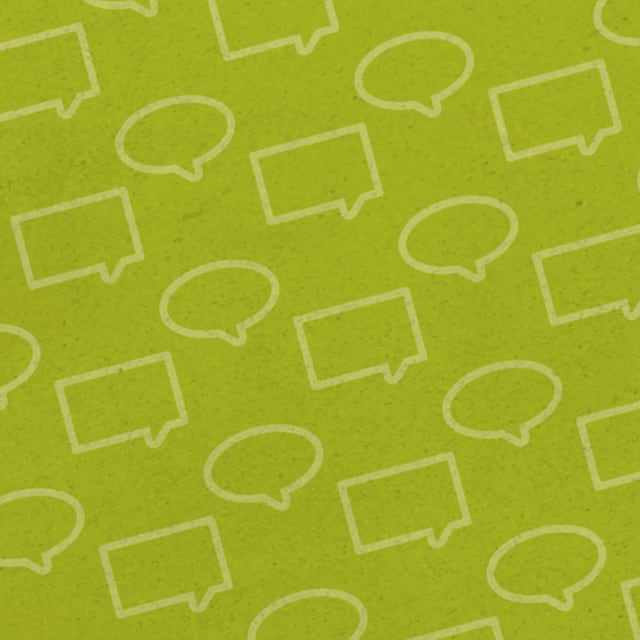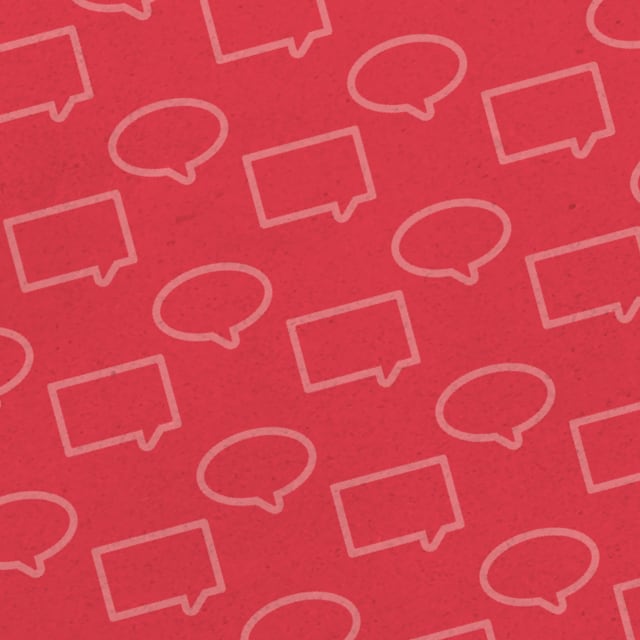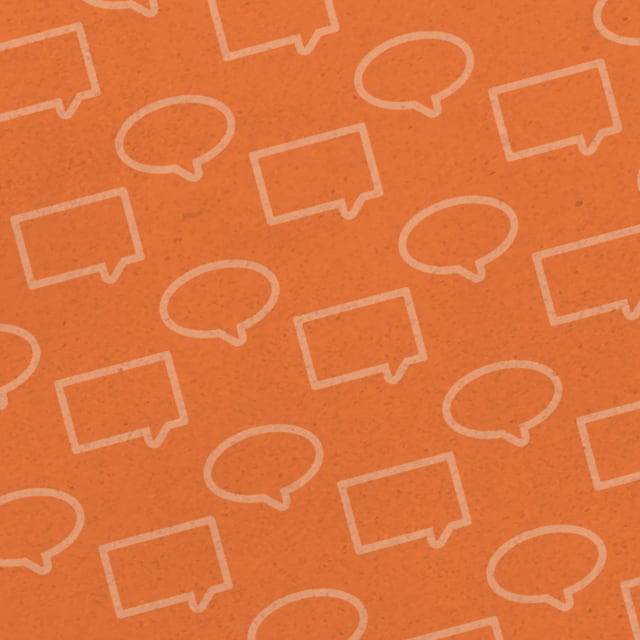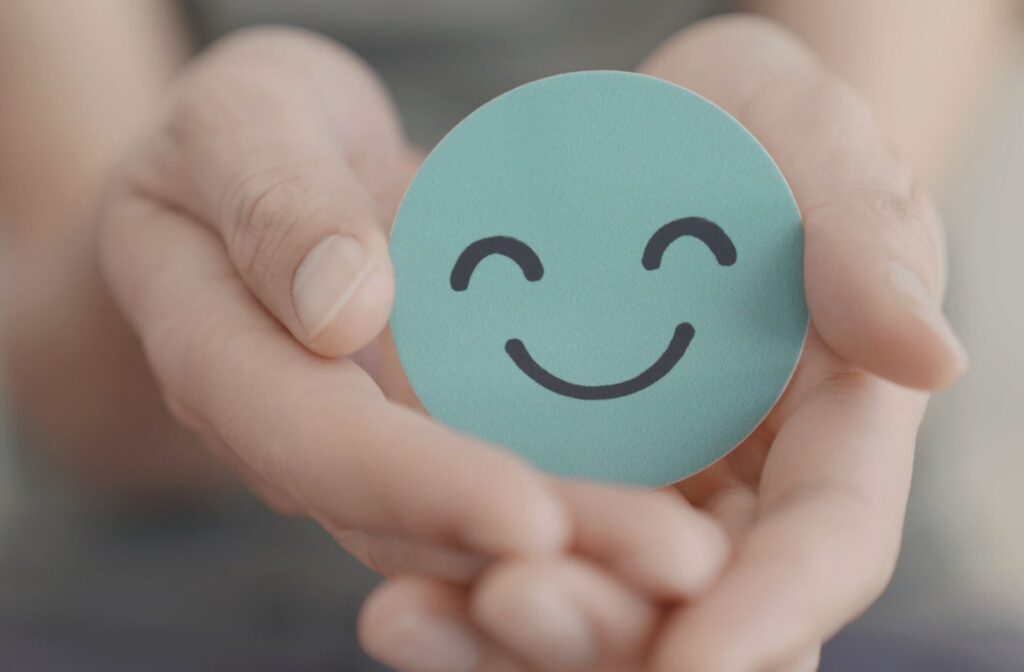Have you felt so overwhelmed with stress that it’s hard to keep up with everything? We’ve all been there. But burnout is more than just an off day. Burnout is a state of emotional, mental, and physical exhaustion.
We understand the challenges of burnout, and we’re here to help. Talking about how you’re feeling can make a huge difference. You can always reach out to ConnecTeen 24/7 via phone, text, and online chat.
Let’s define burnout and explore the stages, impact, and prevention strategies.
What Is Burnout? The 5 Stages
Burnout can creep up on you when you’re dealing with long-term stress or feeling overwhelmed for a while. While burnout can bring about a whole range of symptoms, let’s focus on the 5 key stages to help you navigate when what you’re experiencing goes beyond just needing a day off.
Stage 1: Emotional Behavior
You might notice that you’re getting angry more easily, feeling worried all the time, or making impulsive decisions without thinking about the consequences. You might feel like you’re about to break at any moment. These feelings can be too much for your usual ways of coping.
Stage 2: Isolation
You might want to spend more time alone, avoid social activities, and withdraw from others, which can happen when you’re overwhelmed and need time to recharge.
You may choose to hang out alone in your room or take a break from spending time with friends or family. Remember, wanting some personal space is completely okay—it’s all about finding a balance between alone time and social connections.
Stage 3: Depression
You might feel less motivated, not enjoy your hobbies as much, or feel a general sense of sadness. You might have trouble concentrating or making decisions. You might even feel guilty about your feelings.
Depression can feel exhausting and hopeless. But even when it seems like no one cares, you’re not alone. There are people who genuinely care about you. If you don’t have a friend or parent to turn to, you can always reach out to a trusted teacher, school counselor, or even a ConnecTeen volunteer. Fighting depression is not a battle you have to face on your own.
Stage 4: Health Issues
Your mental health has a direct impact on your physical well-being. Burnout can cause physical health issues, like frequent headaches, upset stomach, neck pain, or getting sick more often. This is your body saying that you may be overwhelmed. Remember, chronic stress and emotional exhaustion can affect how you feel physically.
Stage 5: Insomnia & Poor Eating Habits
Your body needs energy to function, and getting enough sleep and a nutritious diet are crucial in obtaining and processing that energy. Poor sleep and eating a diet of less nutrient-dense foods can contribute to or worsen burnout. You may find falling or staying asleep challenging and notice you’re not eating as healthily as usual.
Remember, taking time to rest is essential for processing your day, emotions, and memories. Feeling like you’re losing control when your battery is empty is normal.
How to Prevent & Reverse Burnout
So, now that you know what burnout looks like, what can we do about it?
Talk about it. Regular check-ins and heartfelt conversations with someone you trust can make a real difference. Whether you need advice or just need to express what’s on your mind, know that both conversations are completely okay. Take the time to nurture those connections so you have a support system when you need it.
Express your emotions. Your feelings are important, and you deserve to be heard. Expressing your emotions in a healthy way can help you navigate through frustration, anxiety, fear, and hopelessness. Whether it’s through journaling, talking to someone you trust, or doing something you love, don’t hesitate to let it out.
Take a break. Make room in your day for downtime. It’s okay to step back, take a moment, and unwind. Whether you take a quick 5-minute stretch break or dedicate an hour to your favourite hobby, remember that you deserve time for yourself. Self-care isn’t selfish—it’s healthy.
Make time for sleep. Prioritize sleep—especially when you’re not feeling your best. If you unwind by scrolling, gaming, or watching TV before bed, remember that blue light can disrupt your ability to fall asleep. Take a moment to reflect on whether your screen usage affects your much-needed rest. You’ll feel more energized when you’re well-rested.
Create a to-do list. Putting everything into perspective can help. Write down all the tasks you need to accomplish, keeping in mind their deadlines and importance. Is there anything on the list that you could use some support with? Do you need to do everything today, or can you find time to take a well-deserved break? Share your list with someone you trust.
Have fun. Seriously, never underestimate the value of having a good time. From a scientific perspective, our “happy hormones” regulate mood, enhance cognitive functions like memory and learning, and ease pain and stress. Having fun feels good. And you absolutely deserve that.
We’re Here to Talk
It’s okay to ask for help. If you ever feel overwhelmed, reach out to someone you trust. Resources are available. At ConnecTeen, we’re here to lend an ear and offer support. You are not alone in this. Things do get better.Take good care of yourself. If you need to talk, reach out to the amazing volunteers at ConnecTeen.

